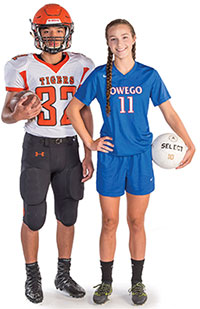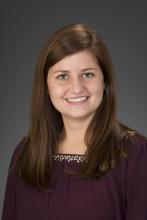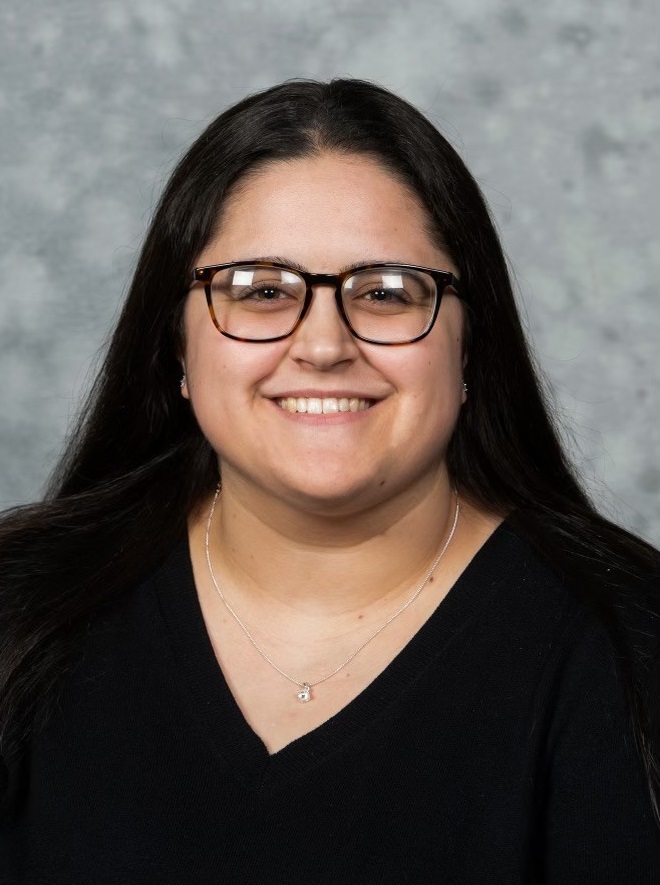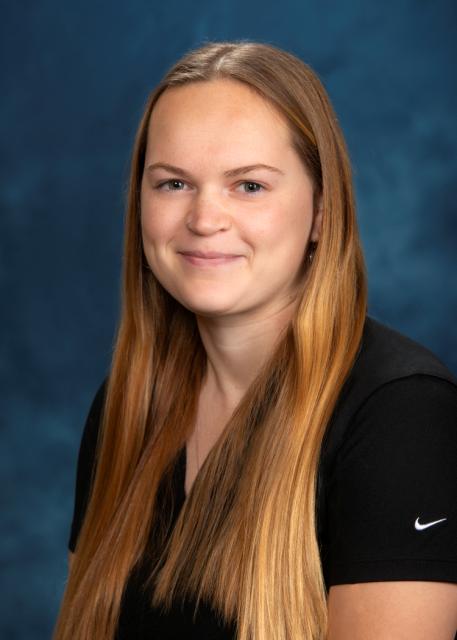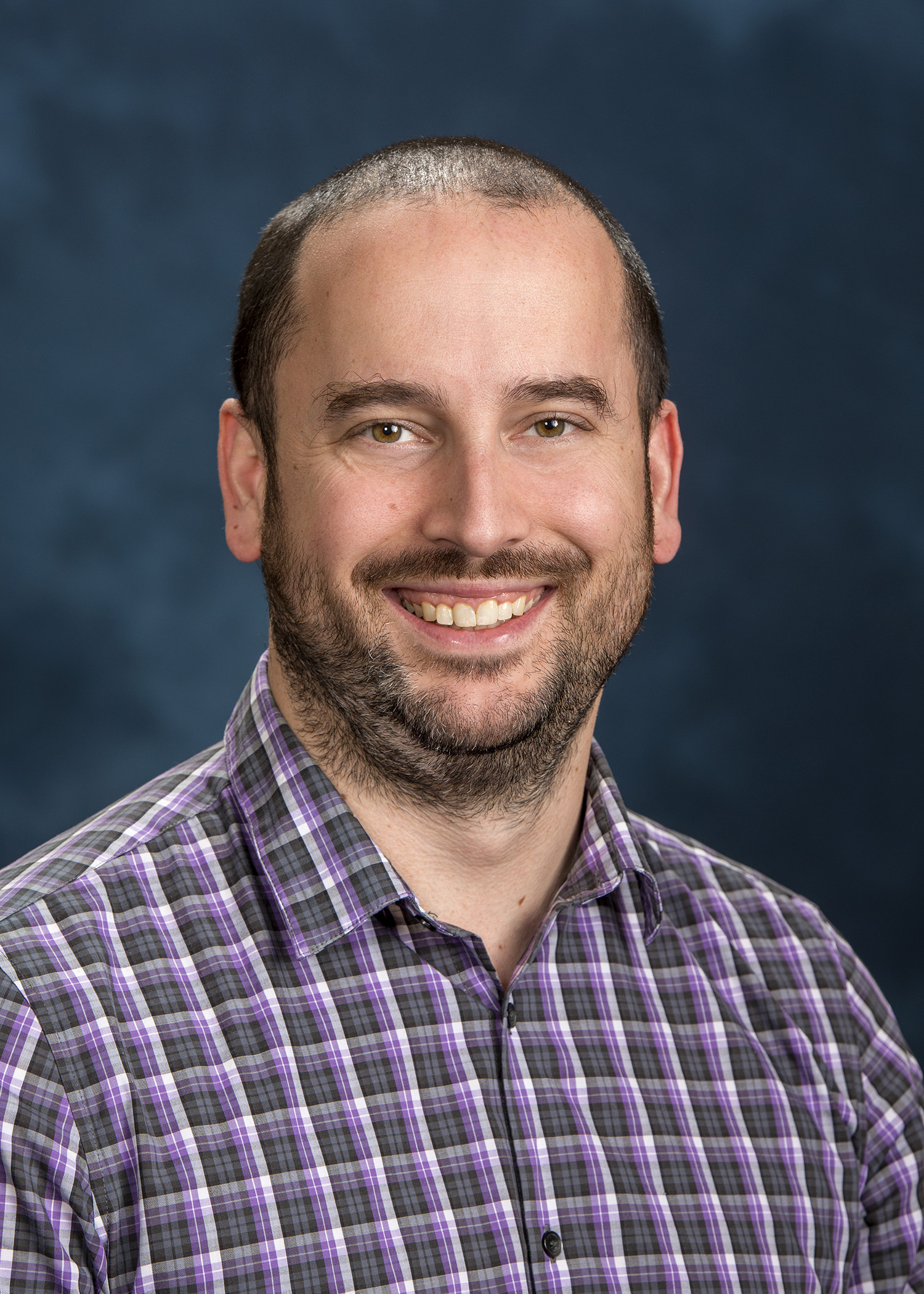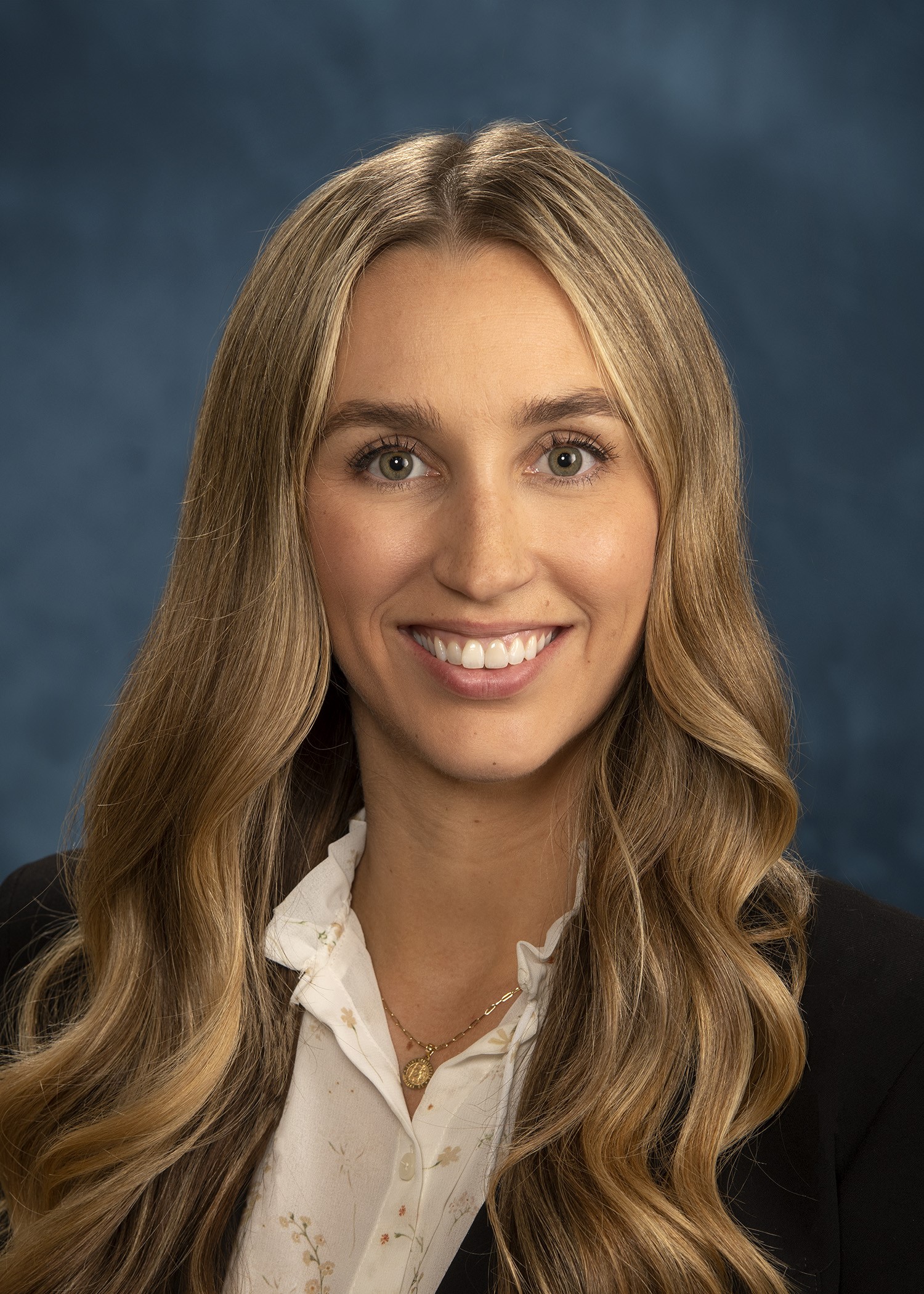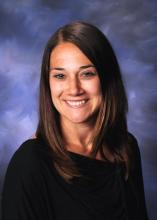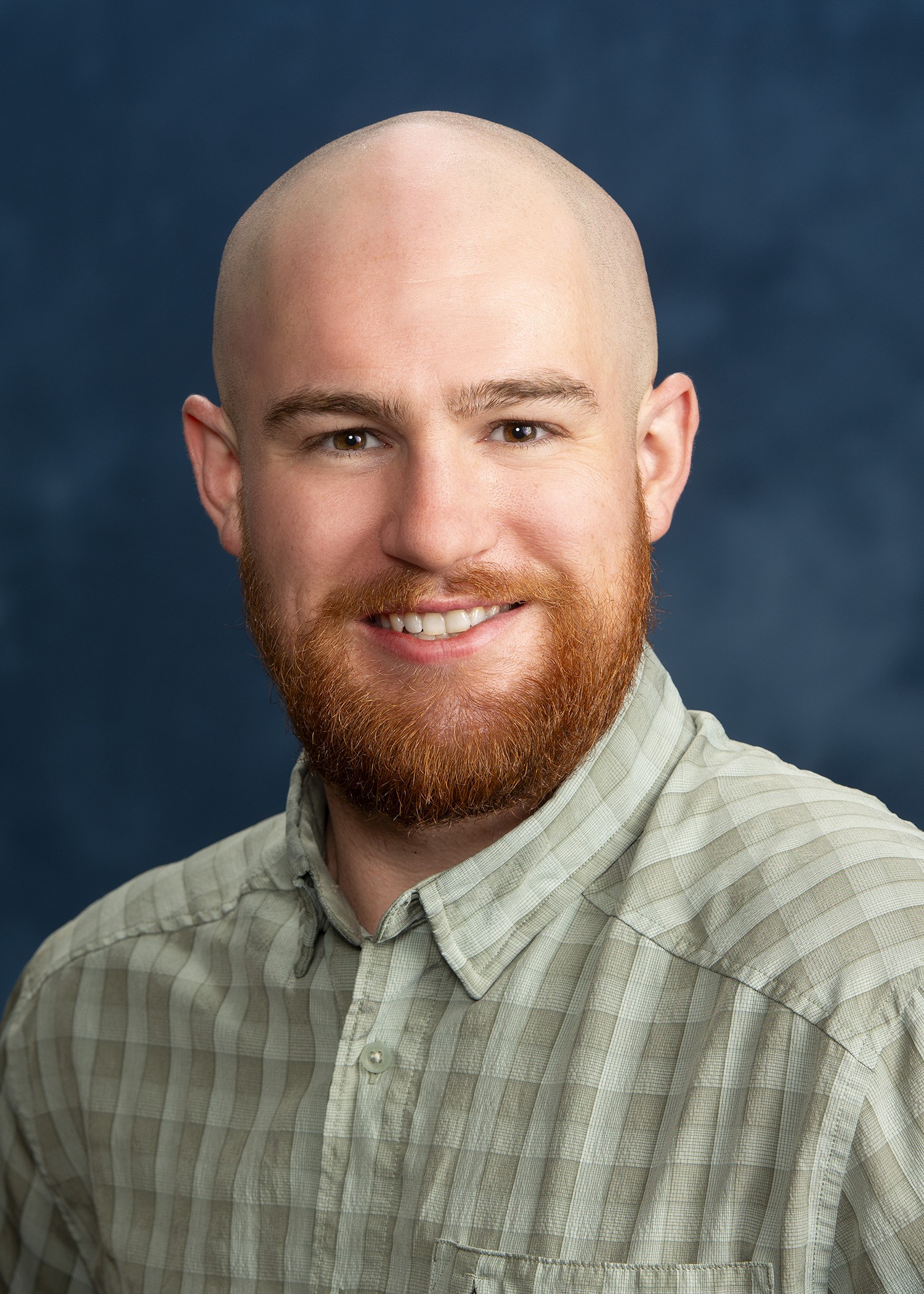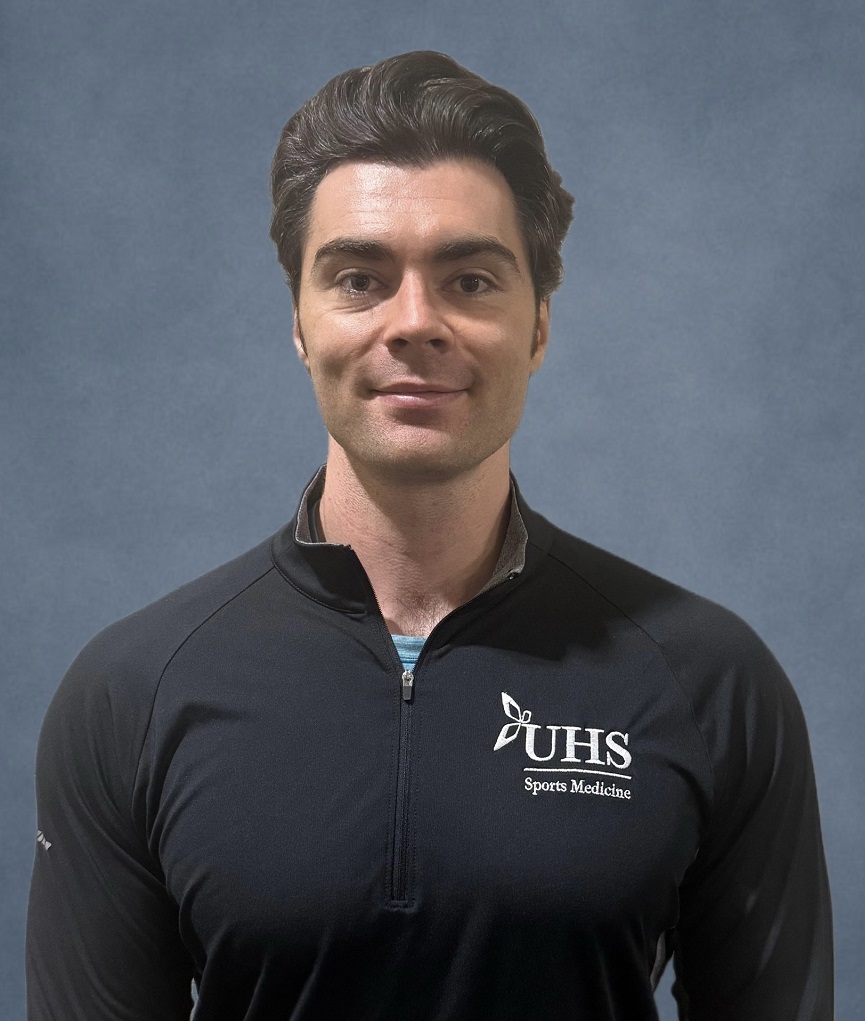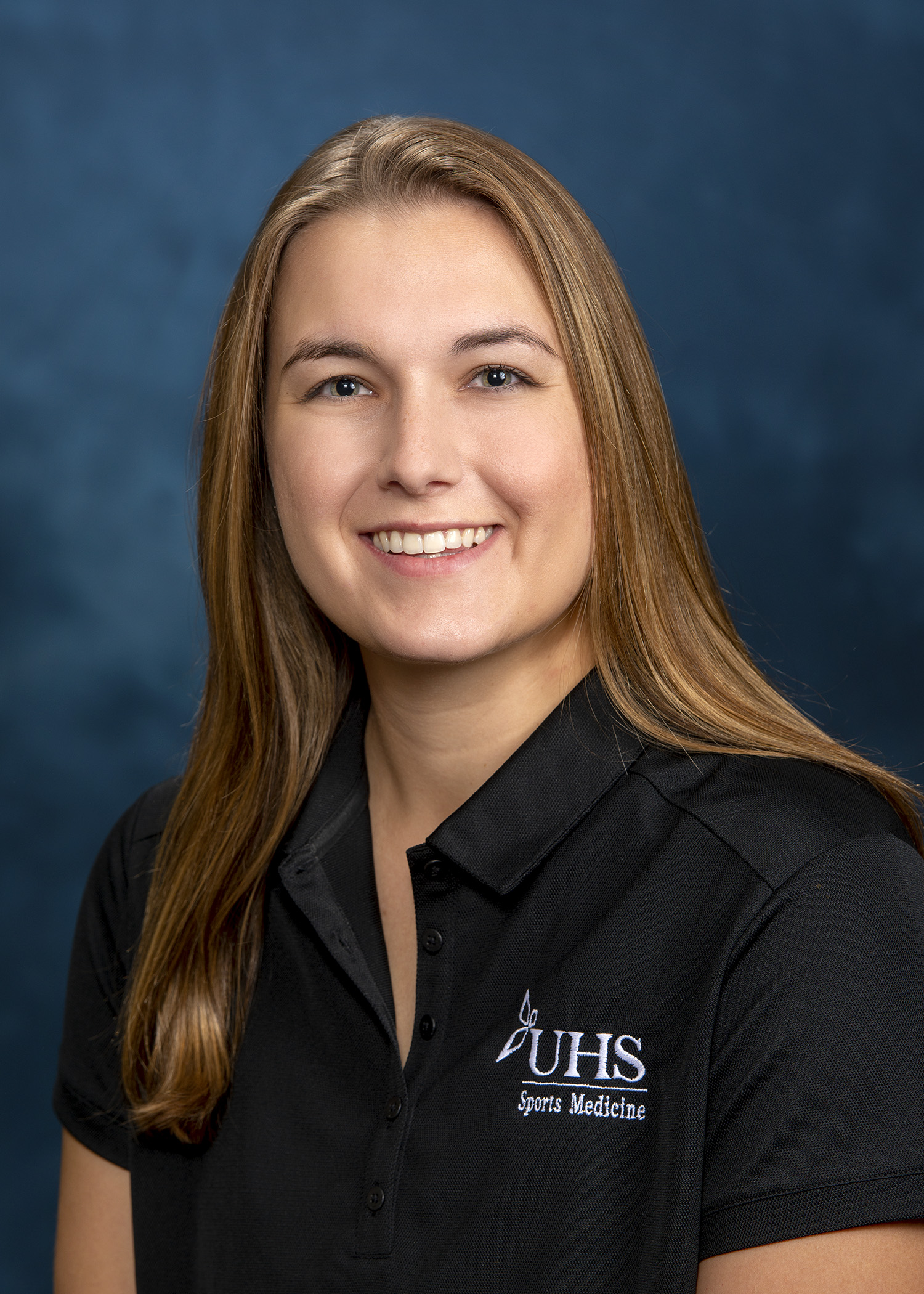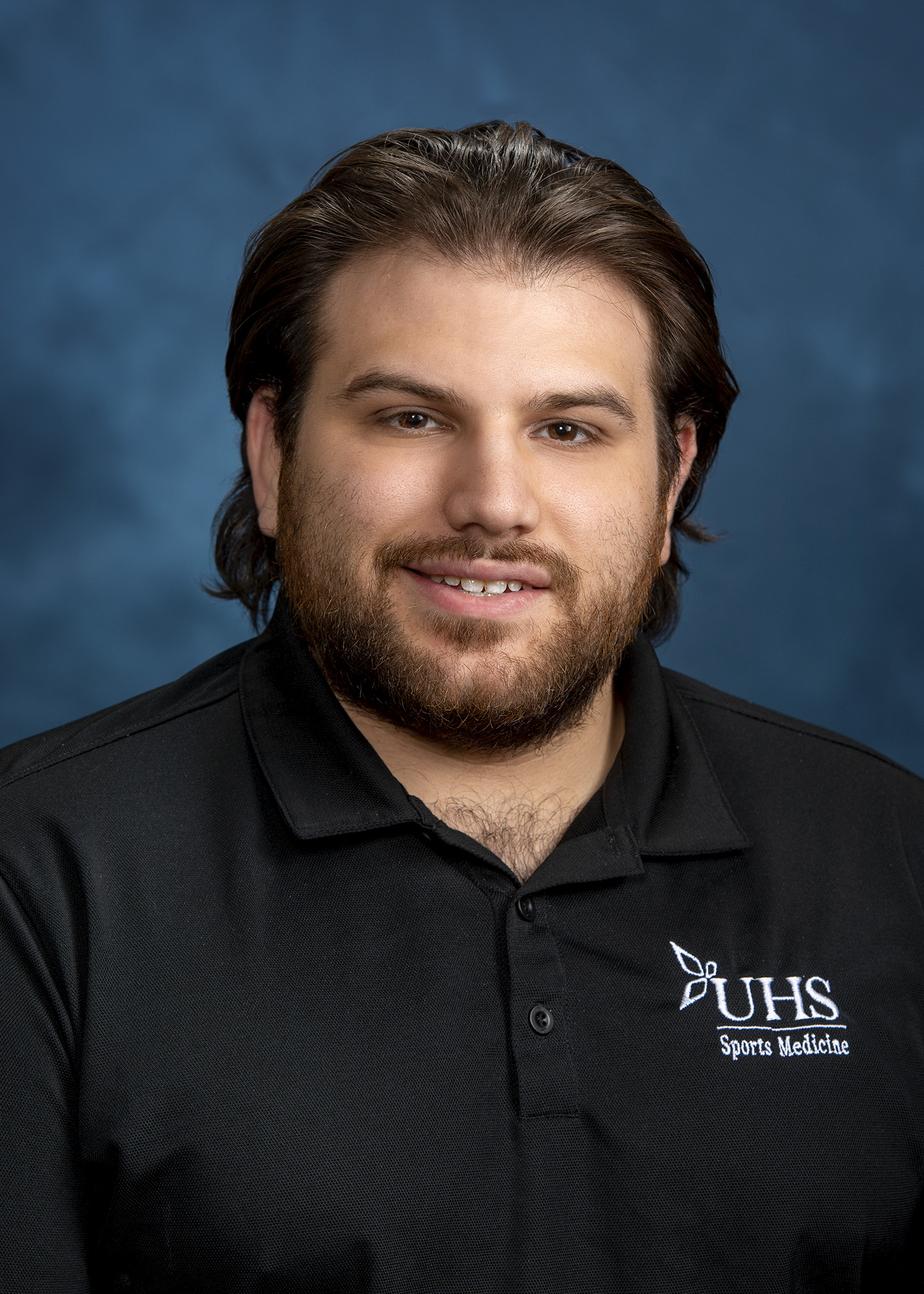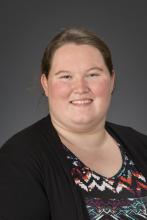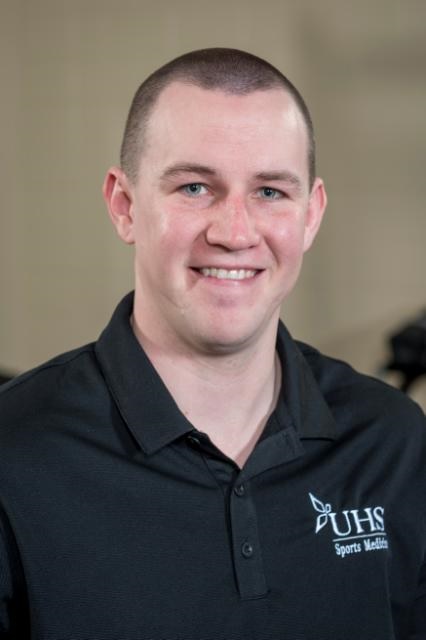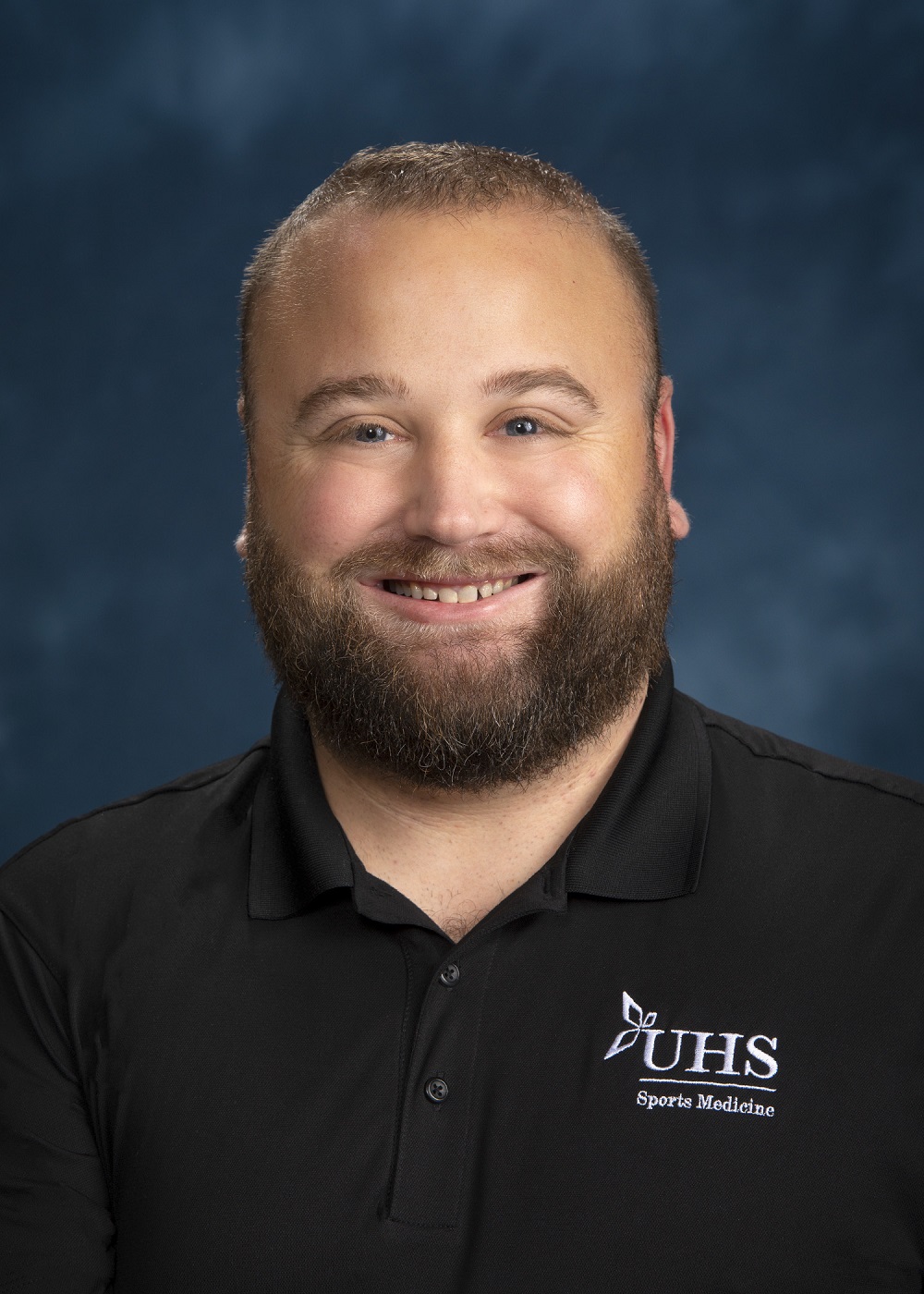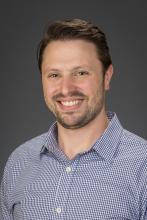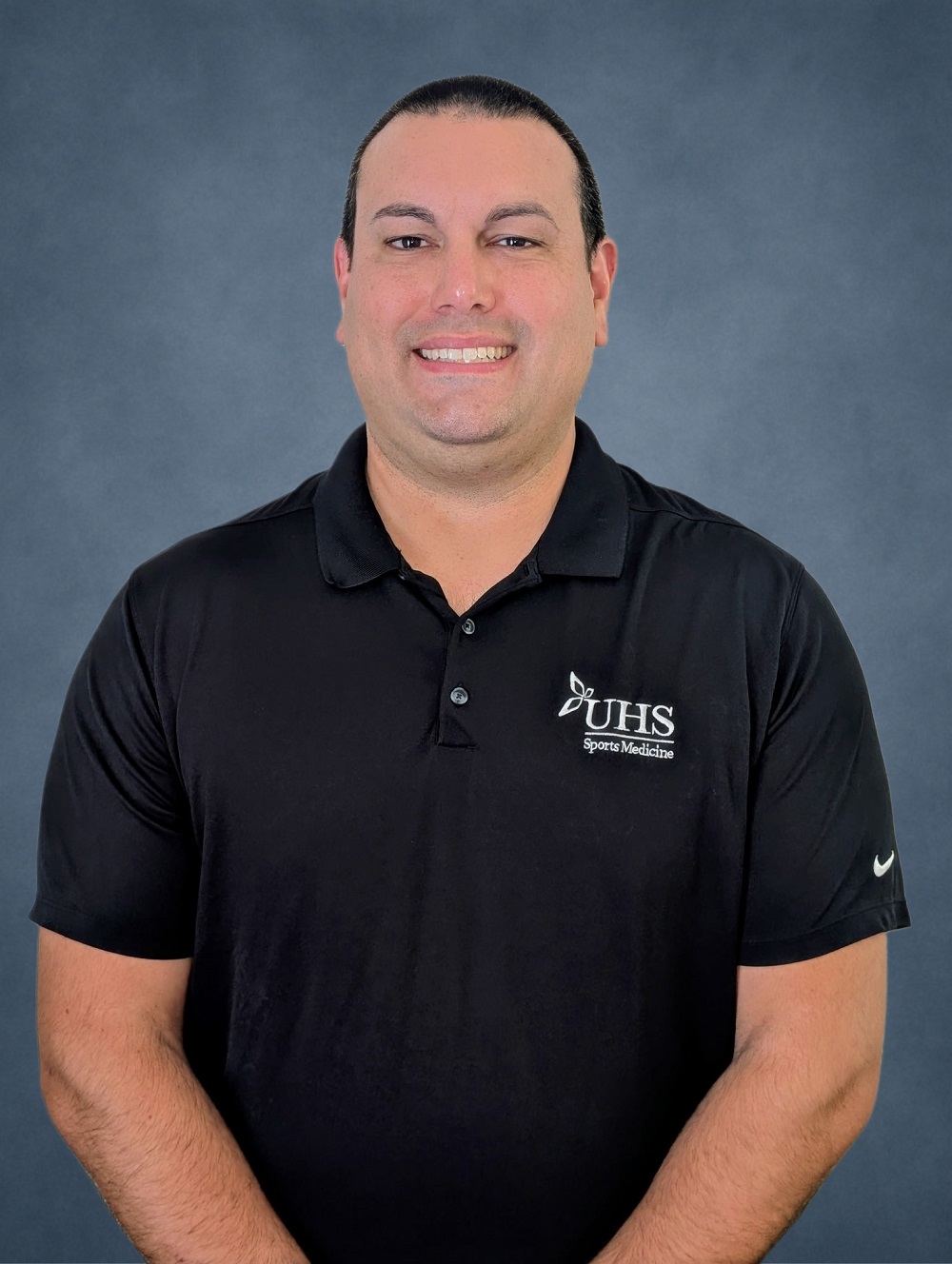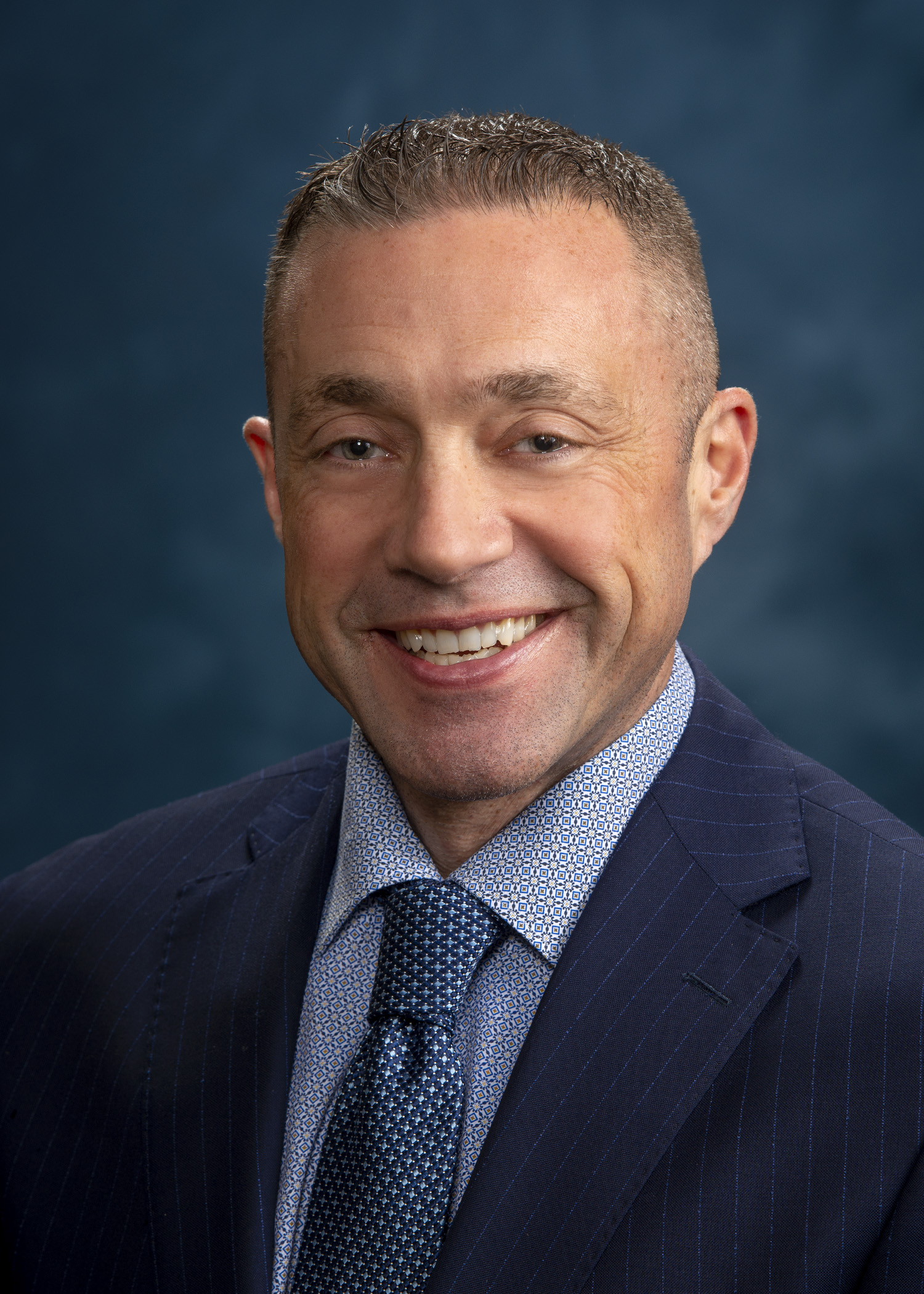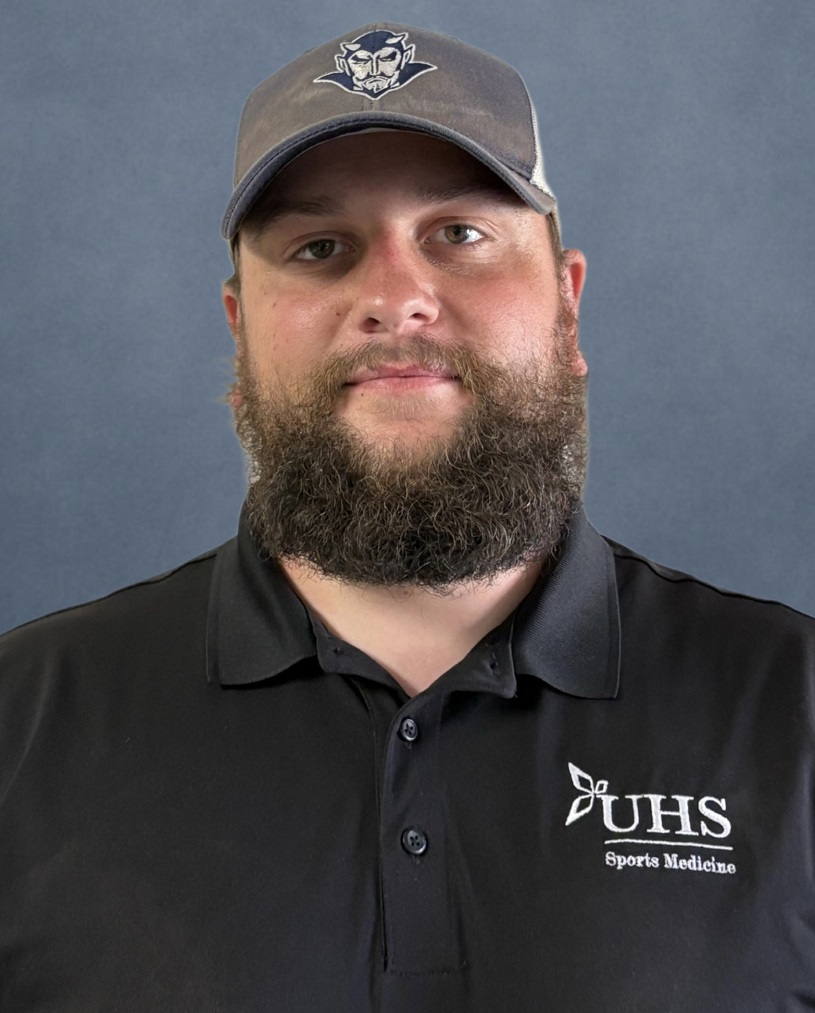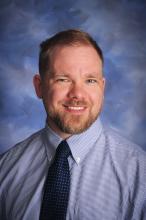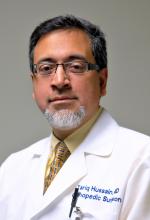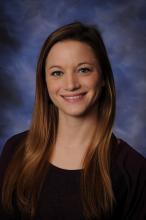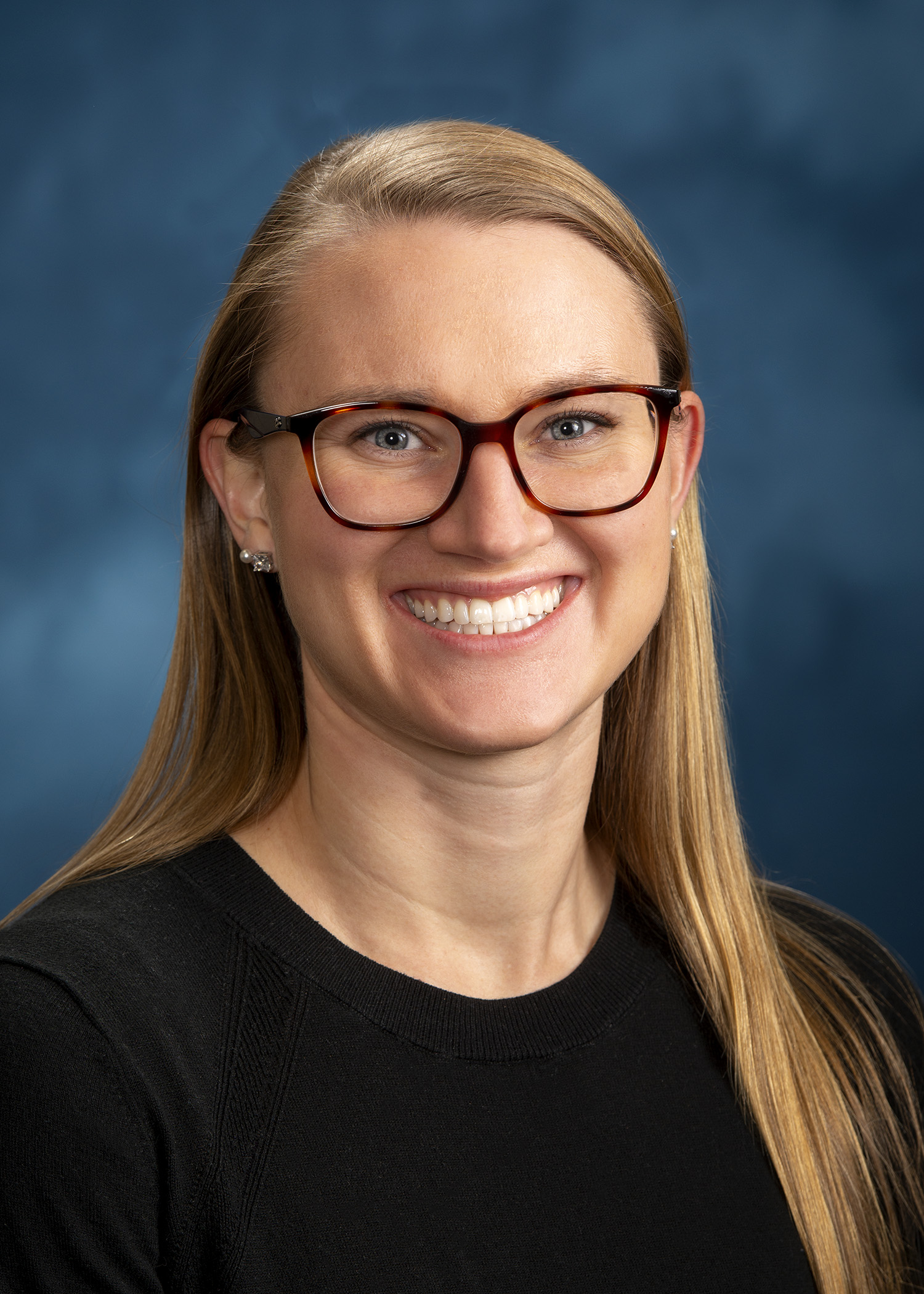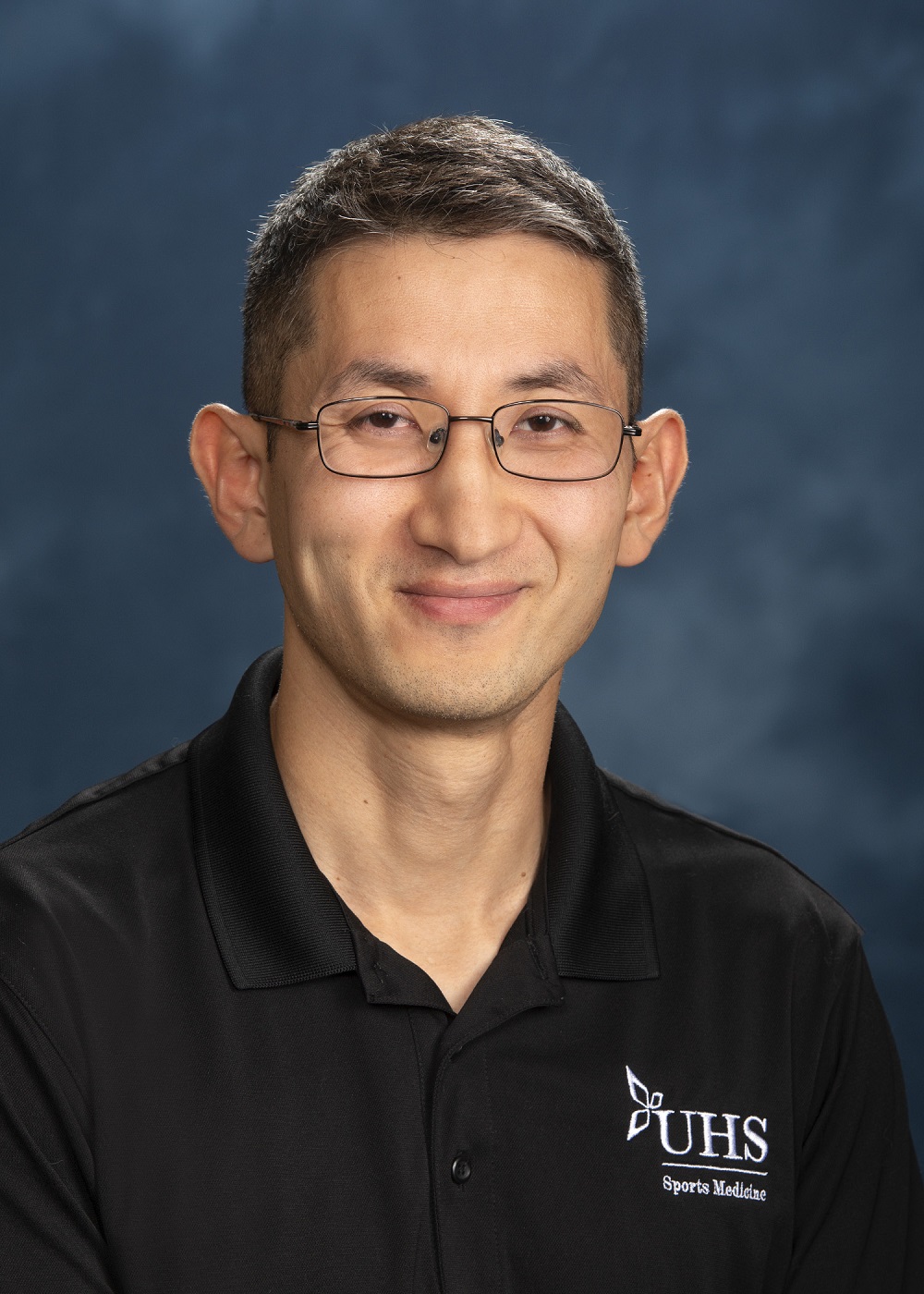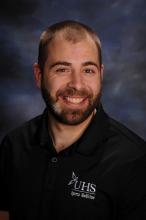
Concussion Center
Our team of New York concussion treatment physicians provide a full spectrum of services aimed at managing your care from injury and diagnosis through rehabilitation to maximize timely return to learn and return to play. We have doctors in all of the most relevant specialties, including Sports Medicine, Neurology, Neuropsychology, Physiatry, and Neurosurgery, as well as Physical Therapists who are experienced in concussion management. You will also find UHS Physicians and Athletic Trainers who are trained in concussion management, working in area schools or on the sidelines at games. Together, we work hard to identify, rehabilitate, and return concussed athletes back to the field as soon as is safely possible.
In the past few years much of what we know and how we manage concussions has rapidly evolved. Now instead of “rest is best”, we employ a more active approach to help reduce symptoms and maximize recovery time. Our New York concussion treatment specialists are up to date on the latest concussion research and are ready to deliver best-practice physical therapy and rehabilitation services to our community.
Why Choose the UHS Concussion Center?
The UHS Concussion Center is by far the largest and most-advanced center in New York for concussion treatment, physical therapy, and rehabilitation in the Southern Tier. We employ more athletic trainers and physical therapists with experience rehabilitating concussions than any other health system in the region. UHS is the only health system in the region that employs a full spectrum of doctors in relevant specialties including Sports Medicine, Neurology, Neuropsychology, Physiatry, and Neurosurgery.
Why Do We Care About Concussions?
A concussion is an injury with potentially serious consequences if left untreated. Previously, concussions were thought of as having your “bell rung” and athletes were expected to shake it off to get back to play. We have known for over a decade that concussions can cause severe long-lasting symptoms. Evidence continues to support that the brain needs time and treatment to recover from this injury. Sustaining too many concussions or a second concussion while still recovering from the first can cause exponentially worsening symptoms. This can cause prolongation of recovery, academic and professional underachievement, depression and mental health problems, and increased susceptibility to future head injuries. Sustaining multiple persistent concussions has been implicated in several types of dementia, including Parkinson’s-associated dementia, Alzheimer’s dementia, and chronic traumatic encephalopathy (CTE). Second impact syndrome is caused by sustaining a second hit to the head in the vulnerable period soon after a concussion and is a rare but tragic cause of severe brain injury and death in athletes.
All of these risks can be greatly reduced if people learn to recognize a concussion, speak up when they think they have experienced or witnessed a concussion, remove any individual with a suspected concussion from play immediately, and seek appropriate medical treatment. Our sports medicine experts at the UHS Concussion Center provide concussion diagnosis and treatments that can help injured patients recover safely.
When Should I Suspect a Concussion?
A concussion should be suspected if there has been both:
- A blow to, or sudden whiplash injury of, the head
AND
- Any of the following symptoms:
- Headache
- Dizziness or poor balance
- Sensitivity to light or noise
- Blurry vision
- Feeling in a fog
- Feeling generally not right
- Trouble sleeping
- Drowsiness
- Trouble concentrating or remembering
- Irritability or emotionality
- Fatigue
- Confusion
- Sadness
- Nervousness or anxiety
- Brief loss of consciousness
If an individual experiences a hit to the head coupled with any of the above symptoms, a concussion should be suspected and the individual should be removed from sports until evaluated by a provider trained in concussion care. As the potential harm of ignoring a concussion can be severe, the saying “If in doubt, sit them out” should be followed. The athlete should be evaluated by a medical professional prior to returning to sport.
UHS Concussion Center in Schools
UHS Sports Medicine provides services for Binghamton University, Broome County Community College, and about a dozen local area high schools and middle schools. UHS athletic trainers and strength coaches are permanently stationed in many area school districts where they provide concussion-related services. Athletic trainers cover both practices and games, establishing an in-person medical presence at events to identify and evaluate concussions early and coordinate appropriate care when indicated. UHS athletic trainers also assist with rehabilitation and return-to-play of concussed athletes in affiliated schools and communicate closely with UHS physicians.
On any given Friday or Saturday during football season there are one to two dozen UHS physicians, physician assistants, nurse practitioners, and athletic trainers on the sidelines in Broome County and beyond, but the preparation for a healthy season begins far earlier. UHS strength coaches stationed in various schools, in addition to designing and implementing well-rounded conditioning routines for athletic performance, implement regimens intended to reduce the risk of injuries in athletes, both musculoskeletal injuries and concussions. During annual athletics pre-participation physical examinations required by New York State, UHS Sports Medicine measures baselines on tests that can be used to increase accuracy in concussion assessment and clearance. For many school districts, we help write protocols to ensure prompt, streamlined, and safe management of concussed athletes.
Frequently Asked Questions About Concussion
What is a concussion?
A concussion is a temporary disturbance of normal brain function caused by a direct hit to the head or any sudden jolt or acceleration that transmits force to the brain, such as whiplash.
What happens in my brain when I have a concussion?
In a concussion the sudden acceleration forces cause microscopic tears in the brain tissue. These tears heal, but as the healing occurs you experience the symptoms of concussion. A concussion is not a bruise of the brain and the brain does not have to bump into the skull to cause a concussion.
Do I need an MRI or CT scan?
The only role of brain imaging in managing a concussion is to rule out other types of head or brain injuries, since concussions are not visible on MRIs or CT scans and the results of these tests would not change concussion treatment. Usually a provider experienced with concussions can make the diagnosis and treat the injury without brain imaging, but occasionally it is necessary.
What happens to the brain in a concussion?
A concussion happens when sudden changes in the direction or speed of the head transmit forces to the brain. In a concussion, many microscopic tears of the long fibers of neurons lead to temporarily disrupted brain function. The brain is pretty good at healing these tears if given enough time and protected from additional hits. Certain types of rehabilitation can help with the recovery process, too.
How do mild concussions, severe concussions, and traumatic brain injuries (TBIs) differ?
A concussion is one type of traumatic brain injury. Sometimes other types of TBIs may co-occur with concussions. Concussions vary in severity, duration, and type of symptoms. There is no one-size-fits-all prescription for recovering from a concussion.
The different types and severities of concussions are why we need the full team of the UHS Concussion Center. Sometimes specialized evaluation by a specific type of physician or a particular type of rehabilitation can be very beneficial.
What are the most common causes of concussion?
Anything that causes a sudden acceleration to the head/brain can cause a concussion, including whiplash forces from the body to the head. The single most common mechanism of injury is a fall. In young individuals, sports and active play are the most common activities in which people sustain concussions.
Do you see patients of all ages?
We see patients of all ages. Depending on age, mechanism of injury, and other factors, the specialist on the Concussion Hotline will route the patient to the most appropriate type of physician.
Is there a best time-frame for seeking treatment, or a time after which treatment is not useful?
Evaluation within a few days of a concussion is optimal, but it is worth seeking care even if more time has elapsed. We have interventions that can help people deal with and recover from concussions, whether right after the concussion or weeks or even months after.
When should a concussed person go to the Emergency Department or Urgent Care Center?
One should go to the Emergency Department or Urgent Care if after a sudden jolt to the head the patient:
- Vomits more than once
- Cannot speak coherently
- Cannot recognize friends or family
- Sees double for more than a few moments
- Has weakness or numbness of any extremities
- Has bleeding from an ear or clear fluid from the nose.
If these happen, immediate evaluation at an urgent care or emergency department is necessary. Otherwise, follow-up in 1-3 days is appropriate. The person should not be allowed to play any sports until after seeing a provider trained in concussions.
How common are concussions?
There are estimated to be up 3.8 million recreation-related concussions per year in the United States, the majority of which occur in children between 5 and 18 years old. Most people will have a concussion at some point in their lives. It is also thought that many concussions go unrecognized or unreported, so these numbers may be underestimates. In fact, after explaining to respondents the definition of concussion, recent survey data suggested that more than 10% of high school students sustain a concussion per year.
How are patients referred to the UHS Concussion Center?
We receive many referrals from primary care providers who would like help managing concussed patients. We frequently manage injuries initially seen at urgent care centers and emergency departments. Sports-related concussions are recognized and referred by athletic trainers, medical providers, coaches, school officials, or parents. Patients also can call the Concussion Hotline and self-refer.
Can a patient self-refer to the UHS Concussion Center?
Yes. We have a 24-hour Concussion Hotline number staffed by a concussion specialist who can make an appointment with the most appropriate physician for evaluation and treatment. The Concussion Hotline number is 607-75SPORT. If a concussion is suspected during sports, the patient should stop sports activities right away and not return until medical evaluation and clearance.
What providers work in the concussion center?
The UHS Concussion Center is a network of providers in many medical fields, both physicians and non-physicians. UHS athletic trainers are on the front lines of detecting and evaluating concussions, embedded in many local schools and present on the sidelines of about a dozen games on any Friday night during football season. We have over a dozen physical therapists and physical therapy assistants with extra training in the rehabilitation of concussion, including in how to improve balance, visual performance, concentration, and exercise tolerance.
The UHS Concussion Center also has several sports medicine physicians who work both in clinic and cover a wide variety of sporting events. We have physician assistants and nurse practitioners who help out in clinic and in schools with pre-injury concussion screening. UHS has neurologists and physiatrists who manage concussions and other types of traumatic brain injuries. We have the only sports-specialist neuropsychologist in the region. UHS also has neurosurgeons who can treat concussions complicated by elements of other types of brain injury. No other system in the Southern Tier has as many or as wide of a variety of providers working together to treat concussions and related injuries.
Does protective equipment prevent concussions?
No helmet, mouth-guard, or other equipment has been shown to reduce the incidence of concussions, although these devices definitely help prevent other types of injuries.
How can we prevent concussions?
To take a preventative approach, we should limit exposures that are likely to cause concussions and learn to recognize and report concussions when they do occur. For example, teaching safer tackling techniques, reducing the amount of hitting during practices, and changing rules to reduce head collisions have been shown to lower concussion rates. Improving neck strength through exercise has been shown to decrease G-forces to the head and may reduce concussions. There is also research suggesting that young brains are more vulnerable to concussions, so many experts recommend delaying starting collision sports until age 14.
I am feeling better. Do I still need to see a doctor?
If you are a student playing sports, then you still need to see a doctor with appropriate training to manage concussions and complete a return-to-play protocol. In New York State, this is required by the Concussion Management and Awareness Act of 2011. All 50 states have laws of this nature.
Can I get a concussion without anything hitting my head?
Yes, anything that causes sudden acceleration or deceleration of your head can cause a concussion. Forces to the body or torso can cause a concussion when the neck transmits the motion to the head. For instance, this can happen in a car crash when the seatbelt stops the body and the neck in turn stops the head, or similarly with a strong tackle to the body.
Can I get a concussion without losing consciousness?
Yes, and in the vast majority of concussions there is no loss of consciousness. After a hit to or sudden acceleration of the head, the presence of any of these symptoms indicates a concussion:
- Headache
- Dizziness or poor balance
- Sensitivity to light or noise
- Blurry vision
- Feeling in a fog
- Feeling generally not right
- Trouble sleeping
- Drowsiness
- Trouble concentrating or remembering
- Irritability or emotionality
- Fatigue
- Confusion
- Sadness
- Nervousness or anxiety
- Brief loss of consciousness
What are the symptoms of a concussion?
The most common symptoms are:
- Headache
- Dizziness or poor balance
- Sensitivity to light or noise
- Blurry vision
- Feeling in a fog
- Feeling generally not right
- Trouble sleeping
- Drowsiness
- Trouble concentrating or remembering
- Irritability or emotionality
- Fatigue
- Confusion
- Sadness
- Nervousness or anxiety
- Brief loss of consciousness
It is not necessary to have all of the symptoms and even having one of the above symptoms after a head impact may indicate a concussion.
Should I wake up a concussed individual every hour or two?
No, if the concussed individual does not meet criteria to be evaluated in an Urgent Care center or Emergency Department, it is preferable to let him or her sleep. Sleep is valuable for healing. It is common for a concussed individual to sleep a lot in the days after a concussion.
Can I take medicine for the headache or other symptoms?
If necessary, acetaminophen (Tylenol) is the preferred medicine for headaches after a concussion. Ibuprofen (Advil, Motrin) and naproxen (Aleve), as well as other non-steroidal anti-inflammatories (NSAIDs), should be avoided until you have seen a physician. Once you have seen a provider trained in concussions another medicine may be recommended or prescribed. Other than headaches, it is recommended not to treat any concussion symptoms with medicine.
Concussed athletes cannot perform the return-to-play protocol until they have stopped all medicines that could cover up concussion symptoms, such as headaches.
How many concussions are too many? Should I stop playing my sport?
There is no simple guideline regarding how many concussions are too many because there are many factors to consider. Every concussion is different in the forces and accelerations involved, and people experience very different symptoms and recoveries. Some concussions are mild and some severe. Your doctor will consider the number of concussions, the severity of concussions, the time between concussions, and whether there is a trend toward worsening concussions, among other factors, when addressing this question.
What is concussion baseline testing?
Baseline concussion tests are done before a sports season or once annually and measure an athlete's performance on cognitive, balance, reaction time, and similar tasks. After a hit to the head, repeating these tests and comparing results can determine if a concussion has occurred and when the athlete has recovered.
The UHS Sports Medicine Department and Concussion Center has partnered with most of the high schools in the region to administer these baseline tests during annual pre-participation sports physicals.
When can I return to school?
We recommend returning to school as soon as tolerable with respect to your symptoms. By the time you can tolerate a half hour of learning you will begin to benefit from returning to school. Sometimes modifications are necessary – such as allowing a hat for light sensitivity, avoiding loud environments like band or choir, or permitting occasional rest between classes – and we work with schools to help accommodate students recovering from concussions.
When can I return to sports?
For most concussions, once your symptoms have gone away you will have to complete a graduated return-to-play protocol with escalating levels of exercise before you can return to sports or PE. If you tolerate one level of the protocol you may move on to the next level on the next day. If there are no problems, the full return-to-play protocol takes about 5 days for contact sports.
What is the Return-To-Play protocol (RTP)?
Once you are symptom free for 24 hours, in academic good standing, and cleared by a healthcare provider, you may begin the return-to-play progression under the guidance of an athletic trainer, physical therapist, or other professional trained in managing a return-to-play. The stage is advanced each day unless symptoms recur, in which case the patient goes back to the previous stage for at least one day. You cannot begin the RTP if you are on medicines to help with concussion symptoms. This is a general outline and is customized for each athlete and sport.
- Stage 1: Light aerobic activity.
- Stage 2: Sport-specific activity.
- Stage 3: Non-contact training drills.
- Stage 4: Full contact practice.
- Stage 5: Return to play after clearance from the school medical director.
How long does a concussion last?
Most concussions resolve in about 1-3 weeks. About 20% of concussions may last longer than a month. Occasionally concussions may last for several months. There is no reliable way to predict at the outset how long a concussion will last.
Can I watch TV, use a computer, or use my phone?
If these activities make your symptoms worse, we recommend avoiding them. Continuing to do these activities when they worsen your symptoms can prolong your recovery and make returning to school more difficult. If these activities truly do not exacerbate your symptoms, however, you may do them for short periods of time.
UHS News
-
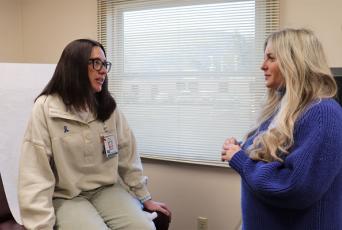 Colorectal Cancer: How Screenings Save LivesFebruary 27, 2026
Colorectal Cancer: How Screenings Save LivesFebruary 27, 2026March is National Colorectal Cancer Awareness Month, an observance dedicated to encouraging patients, survivors and caregivers to share their stories, advocate for colorectal cancer prevention and raise awareness about the importance of early detection.
-
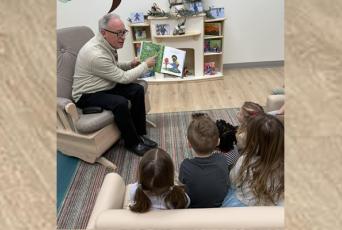 UHS Child Care gets special visit for "Read for the Record" dayFebruary 26, 2026
UHS Child Care gets special visit for "Read for the Record" dayFebruary 26, 2026The children enrolled at UHS Child Care were excited to welcome guest readers for a special occasion on Thursday, February 26. John Carrigg, UHS President and CEO and Sam Lupo, Former UHS Foundation Board Chair, joined the UHS Foundation at the center to celebrate Jumpstart's 20th Annual "Read for the Record Day".
-
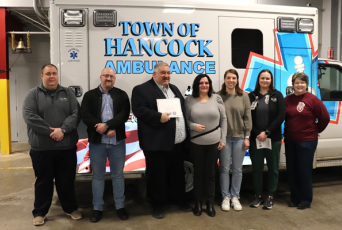 UHS Teams and Local Responders Recognized After Lifesaving Cardiac Arrest ResponseFebruary 25, 2026
UHS Teams and Local Responders Recognized After Lifesaving Cardiac Arrest ResponseFebruary 25, 2026The Hancock Fire Department honored a remarkable “chain of survival” that recently saved the life of 40-year-old Jennifer Wormuth during a sudden cardiac arrest. The recognition highlighted the coordinated efforts of local first responders and the advanced clinical care provided within the UHS system.
-
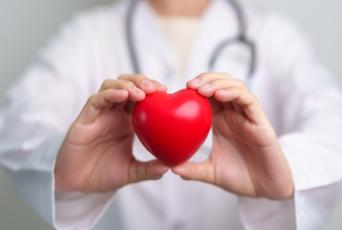 One local heart patient’s journey to a healthier futureFebruary 23, 2026
One local heart patient’s journey to a healthier futureFebruary 23, 2026Your heart works hard for you every day. From keeping blood flowing to supporting your energy and overall well-being, your heart is truly at the center of your health. That’s why having access to expert cardiac care close to home is so important.



